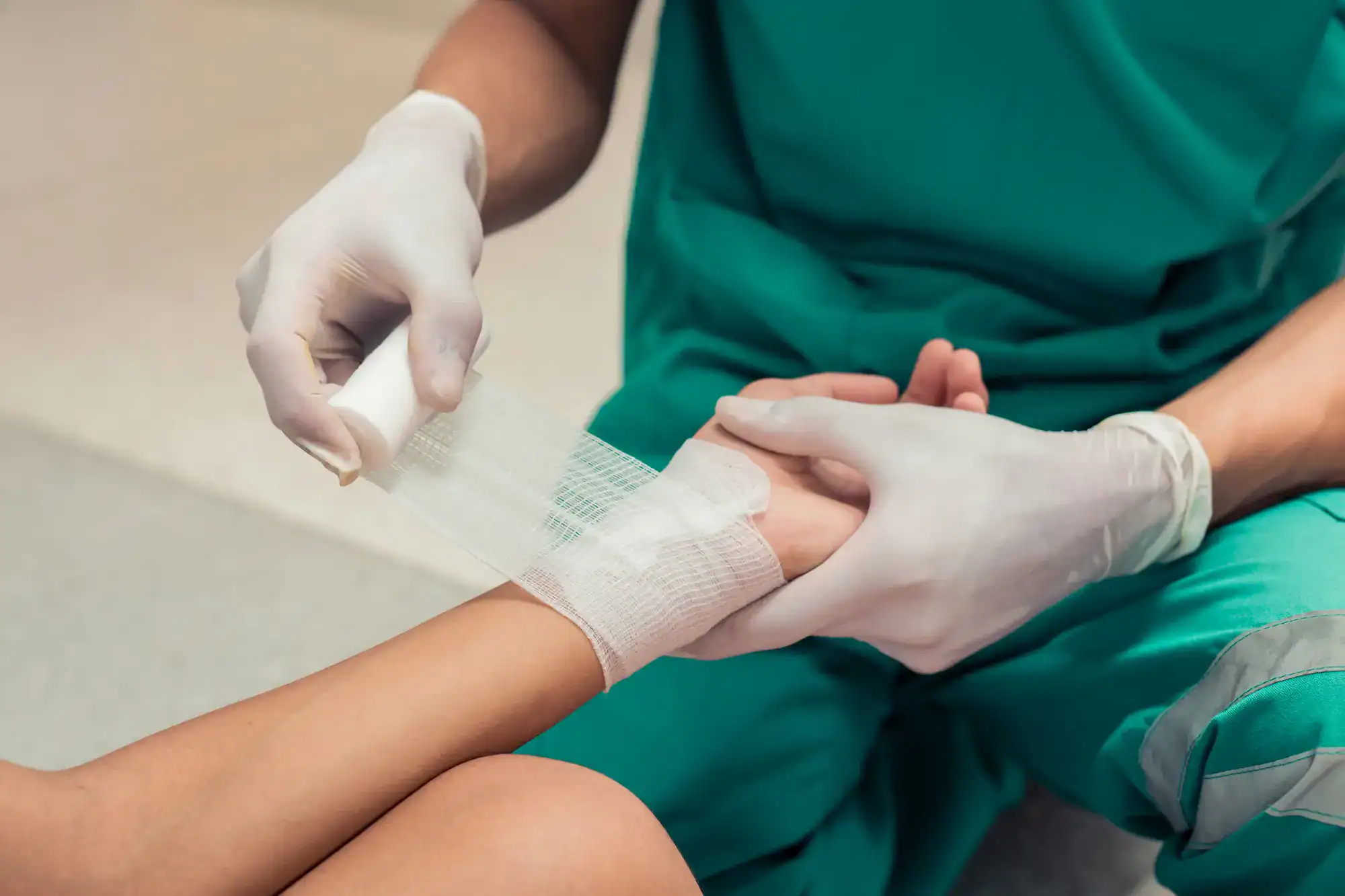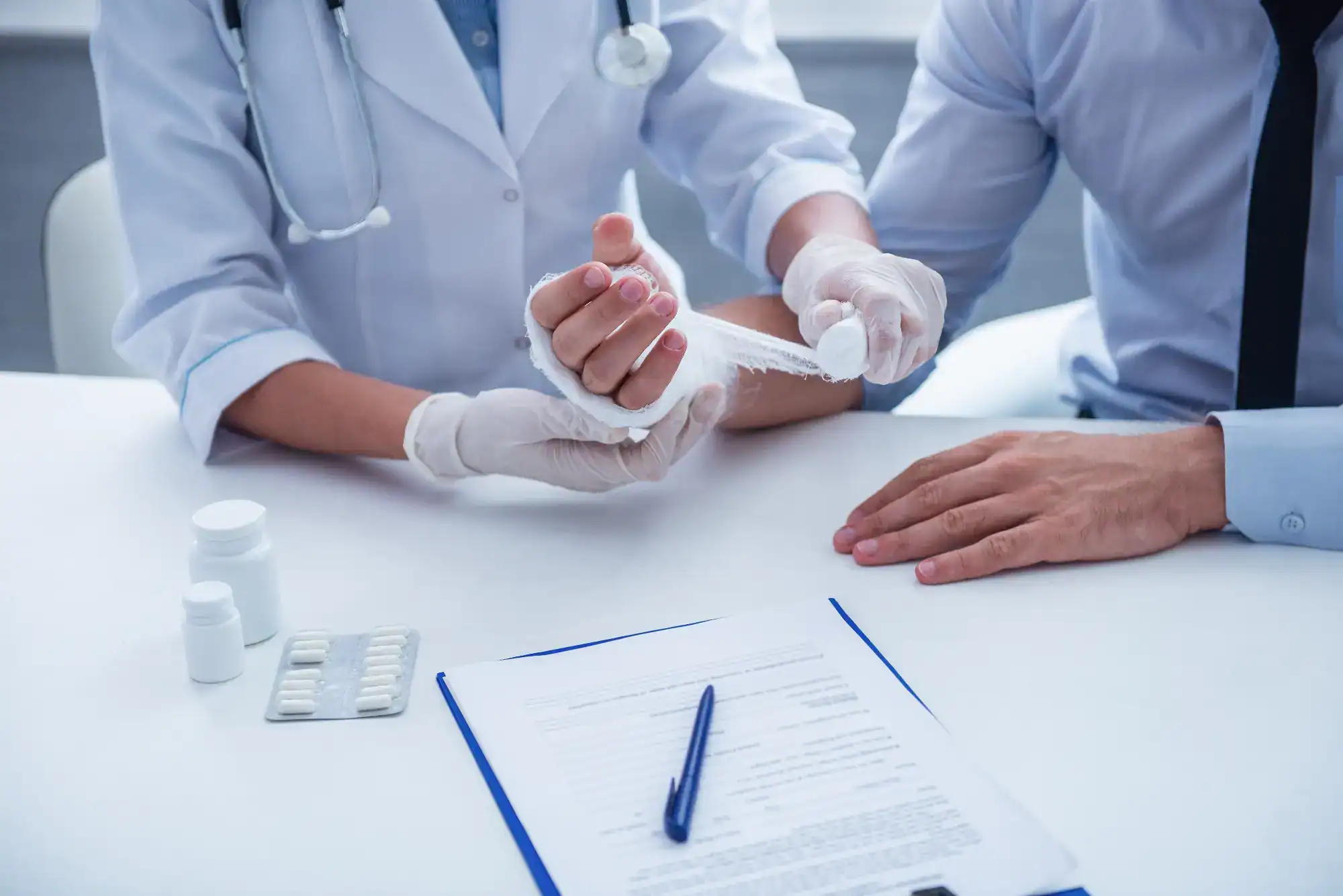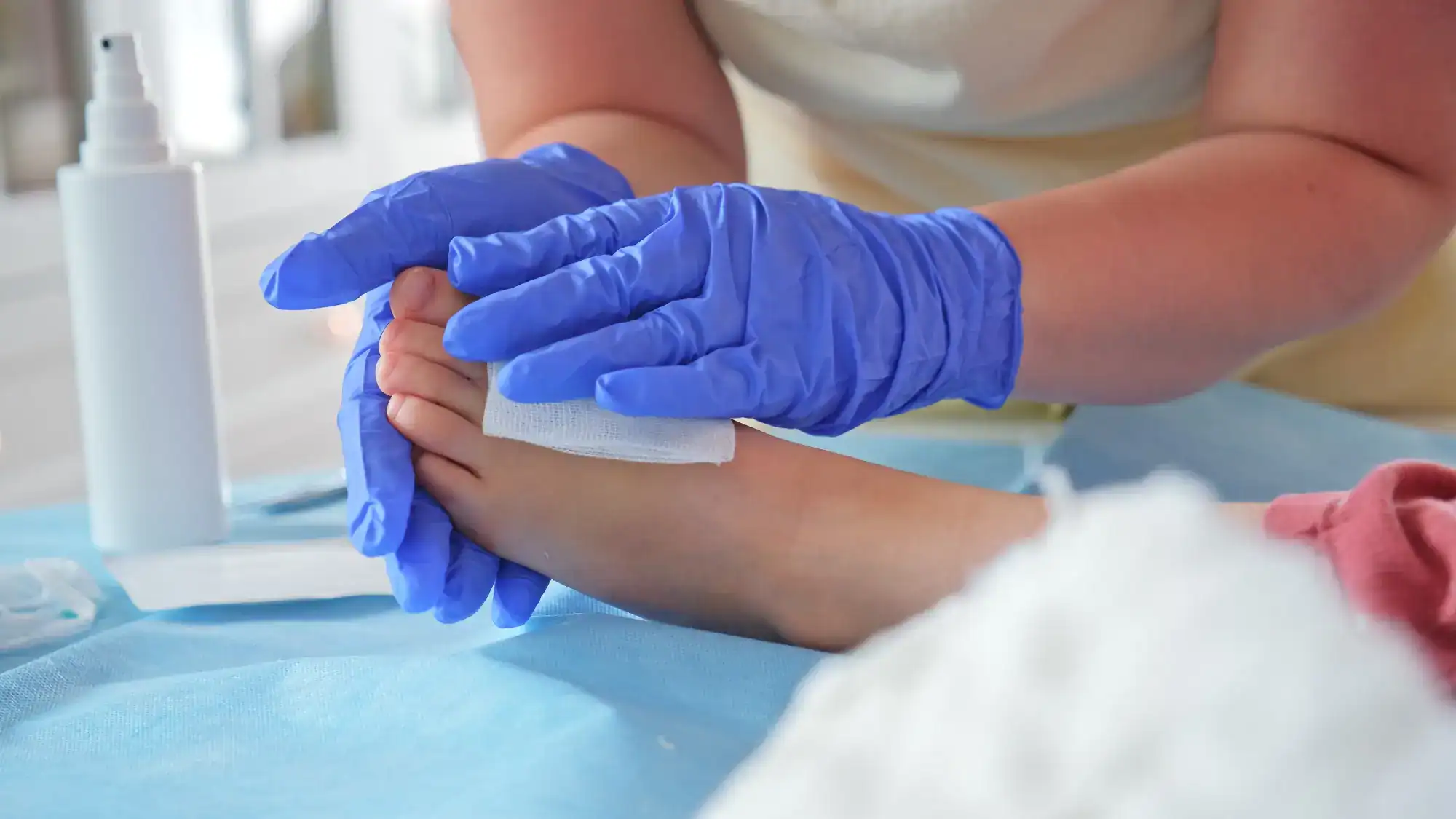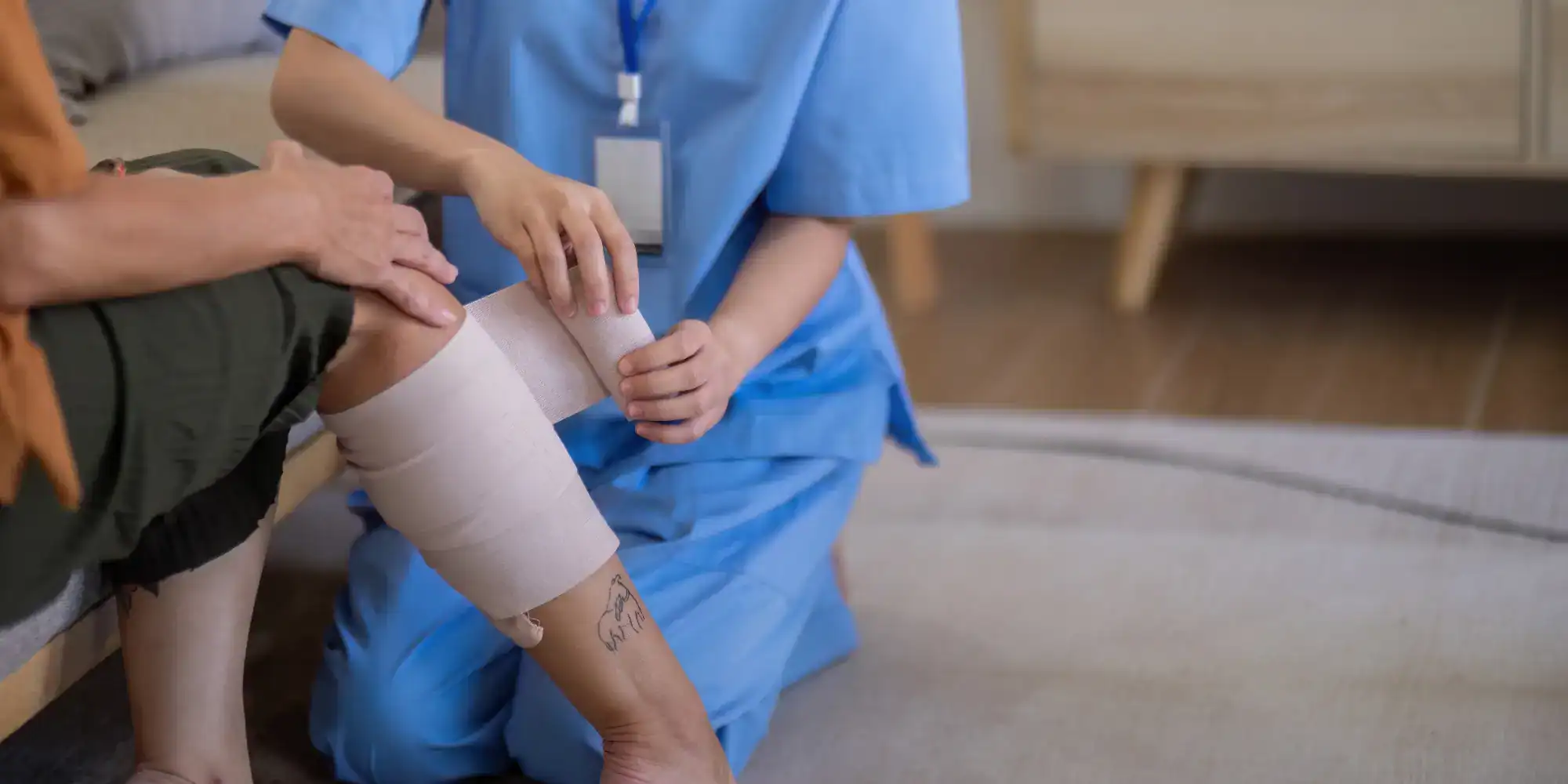Advanced treatment protocols that work when traditional approaches fail, right here in Lutterloh.

See What Our Customers Think

You’ve been dealing with this wound for weeks, maybe months. Every day brings the same routine of changing dressings, managing pain, and wondering if it’s getting worse. You’ve seen doctors who give you the same generic advice, but nothing changes.
Here’s what changes when wounds actually heal properly. You sleep through the night without throbbing pain. You stop worrying about infection every time you look at the site. You can wear normal shoes again, walk without wincing, and focus on your life instead of your wound.
The difference is specialized wound care that addresses why your wound isn’t healing, not just covering it up. When you get the right treatment approach, your body can do what it’s designed to do.
MedXclusive focuses exclusively on wound care in Lutterloh and surrounding areas. While general practitioners see wounds as one of hundreds of conditions they treat, we see them every day.
Our team understands why diabetic wounds behave differently than surgical wounds. We know which treatments work for venous ulcers versus arterial ulcers. This isn’t theory from a textbook – it’s daily practice.
We’ve been serving patients in Lutterloh who need more than basic wound care can provide. When your wound needs specialized attention, you need specialists.

Your first visit involves a complete wound assessment. We examine the wound itself, but also look at circulation, underlying conditions, and factors that might be preventing healing. This isn’t a five-minute look and prescription – we need to understand what’s really going on.
Based on that assessment, we develop a specific treatment plan. This might include advanced dressings, specialized therapies, or addressing circulation issues. Every wound is different, so every treatment plan is different.
You’ll come back for regular monitoring and treatment adjustments. Wound healing isn’t linear – some weeks you’ll see dramatic improvement, others might seem slower. We track progress and modify the approach as needed until you’re healed.

Ready to get started?
Every patient receives a comprehensive wound evaluation and personalized treatment protocol. We use advanced wound care technologies including specialized dressings, negative pressure therapy, and bioengineered tissues when appropriate.
For diabetic patients in Lutterloh, we understand the unique challenges you face. High blood sugar affects healing, circulation problems slow recovery, and neuropathy means you might not feel problems developing. Our diabetic wound care protocols address all these factors.
You also get education about preventing future wounds and managing the conditions that contributed to your current situation. The goal isn’t just healing this wound – it’s preventing the next one.
